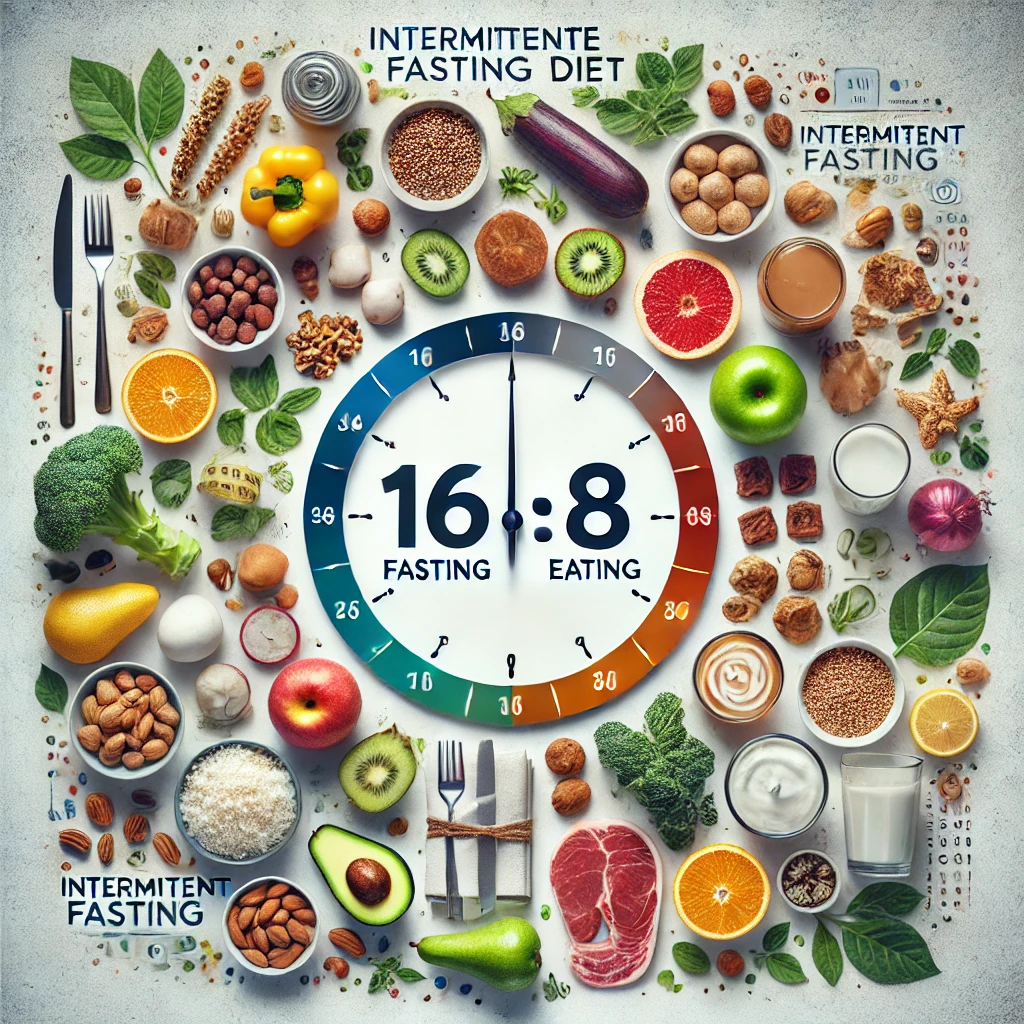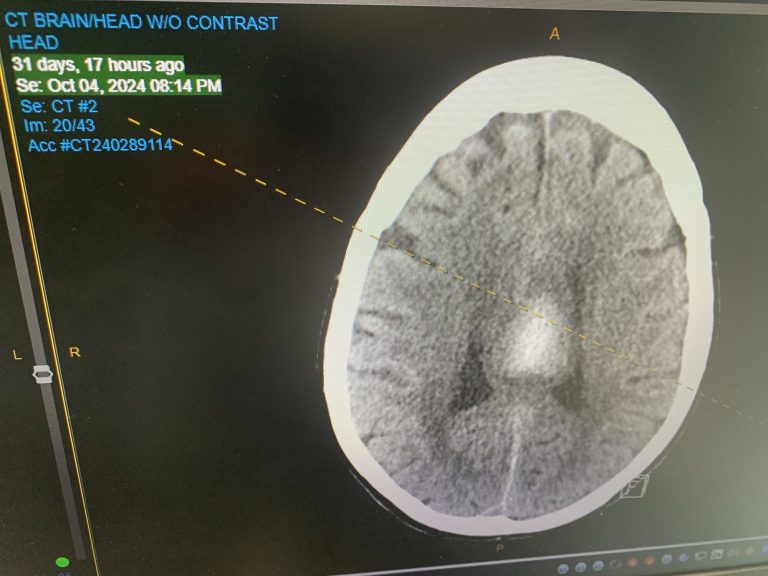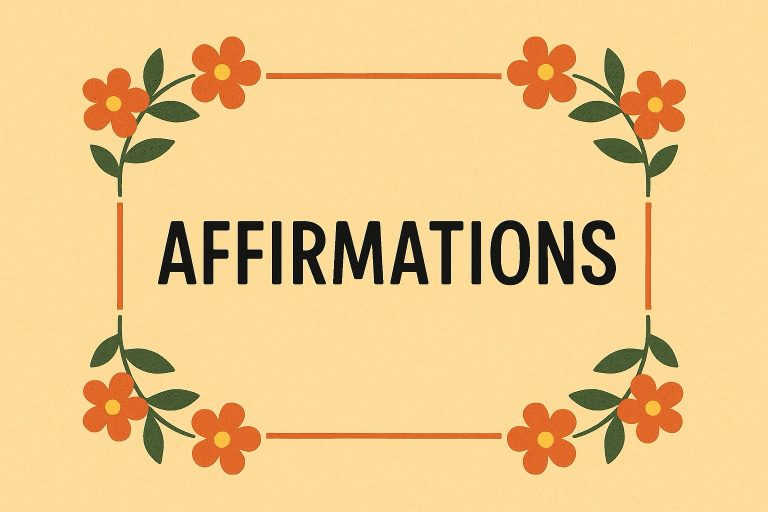Success with the 16:8 Intermittent fasting diet
I first started hearing about intermittent fasting a year or two ago. I believe there were some people like Rich Roll, who were making some videos about the benefits. And then I encountered another discussion about this on GitHub, where they were publishing some articles in Chinese there and one of the topics was the intermittent fasting diet. Then I ran into a guy on a bus in Poland and he was also telling me how great it was for him.
So after a few encounters, I decided I really needed to try it for myself too. I started reading about the benefits and it seems like there’s a lot of science behind it and it’s something that might extend my life and help me to feel healthier and stronger too.
Benefits of intermittent fasting
First, it seems to improve metabolic health meaning that blood sugar levels go down and the risk of developing things like type two diabetes decrease as well. And of course, when you are only eating during an eight hour period each day. It’s very likely you will reduce your caloric intake naturally. So it’s good for weight management.
Then I don’t fully understand this, but there seems to be something with cellular repair and stimulating the autophagy, which is a process where cells remove damaged components which may very well reduce the risk of developing cancer.
Third, intermittent fasting will reduce cholesterol and triglycerides, especially if you focus on eating good stuff during your eight hour window. And by reducing cholesterol and triglycerides, this tends to reduce the causes of inflammation, which is very key in living along life, keeping your heart, strong and healthy
There seems to be a benefit for the brain as well. There is something called BDNF, which stands for brain, derived neurotrophic factor. In a minute fasting increases the levels of BDNF and may very well reduce the risk of neurodegenerative disease diseases. I believe this means that the risk of getting things like Alzheimer’s disease and dementia are reduced.
And another one that I never really thought about, but it makes a lot of sense. Is you need to give your digestive system arrest sometimes. Basically every morning I wake up and drink lots of water along with a cup of coffee. So this helps cleanse out my digestive system well before I eat. And then when I do finally eat, I make sure I start with something very healthy packed with nutrients.
Apparently, there have been some studies on animals and humans that show that the intermittent fasting diet does indeed increase longevity
How to do the intermittent fasting diet
I’m mainly gonna focus on what I do. Some people will choose different fasting windows, but I generally have my first meal at 2 PM and then my last meal before 10 PM. So this makes for an eight hour window where I can eat and a 16 hour window when I’m not eating. As I understand, it’s good to eat earlier in the morning and stop eating in the evening but for me I prefer to be able to eat and watch TV or relax later in the day and still eat food.
When I’m hungry in the morning, instead of reaching for some food, I just drink more water. I keep sipping on water up until it’s time for me to eat to eat at 2 PM.
When I do eat the first time, I try to eat some fruits and vegetables, including leafy green vegetables, mushrooms, and a variety of fruits. Be on that I do give myself plenty of flexibility to eat other things, including a few unhealthy things, but I don’t go overboard.
I had been on a plant-based diet for a long time and I do still lean toward a plant-based diet but I’m also OK with occasionally eating some ham and eggs or a burrito with some meat inside. But I do try to shy away from large portions of meat in one serving. I find beans are a good substitute for meat to sort of get over the craving. And fruit is a great thing to eat when I’m feeling like I want something sweet. Often in the evening, I will microwave some popcorn, which is a good snack that is reasonably healthy so long as it doesn’t have a lot of butter on it.
I haven’t tried drinking much tea, but it sounds like it’s OK to drink. Tea is so long as it doesn’t include sugar. So coffee, tea and water are fine to drink 24 seven.
Preparing to get started with intermittent fasting
I think it can be a big step to jump right into this and it can take some buildup. What I did before I moved to the 16 hours of fasting was I first went a few weeks on a 12 hour fasting diet. So I basically wouldn’t eat from midnight until noon. That got me adjusted to it and then it was a lot easier for me to just add four more hours.
Exercising went on an intermittent fasting diet
I think a lot of benefit from an intermittent fasting diet can be lost if exercise is not part of the routine. I don’t believe an intermittent fasting diet should be thought of as starving oneself. It’s important to eat enough food so that there is enough energy to go out.
I pretty much work out 5 to 7 days per week every week. For example, today it snowed and I probably will only do some small exercise exercises today but then tomorrow I will hit the gym again. Exercising is another topic but it’s important to get at least 150 minutes of cardio each week plus some weight training to maintain or even build muscle tone. This is important to longevity.
So that’s all I have to say about intermittent fasting for today, but the benefits seem to be really awesome and what I do in my life is always about feeling good and being healthy at the same time. With this mentality, it can lead to a long and healthy and happy life.





